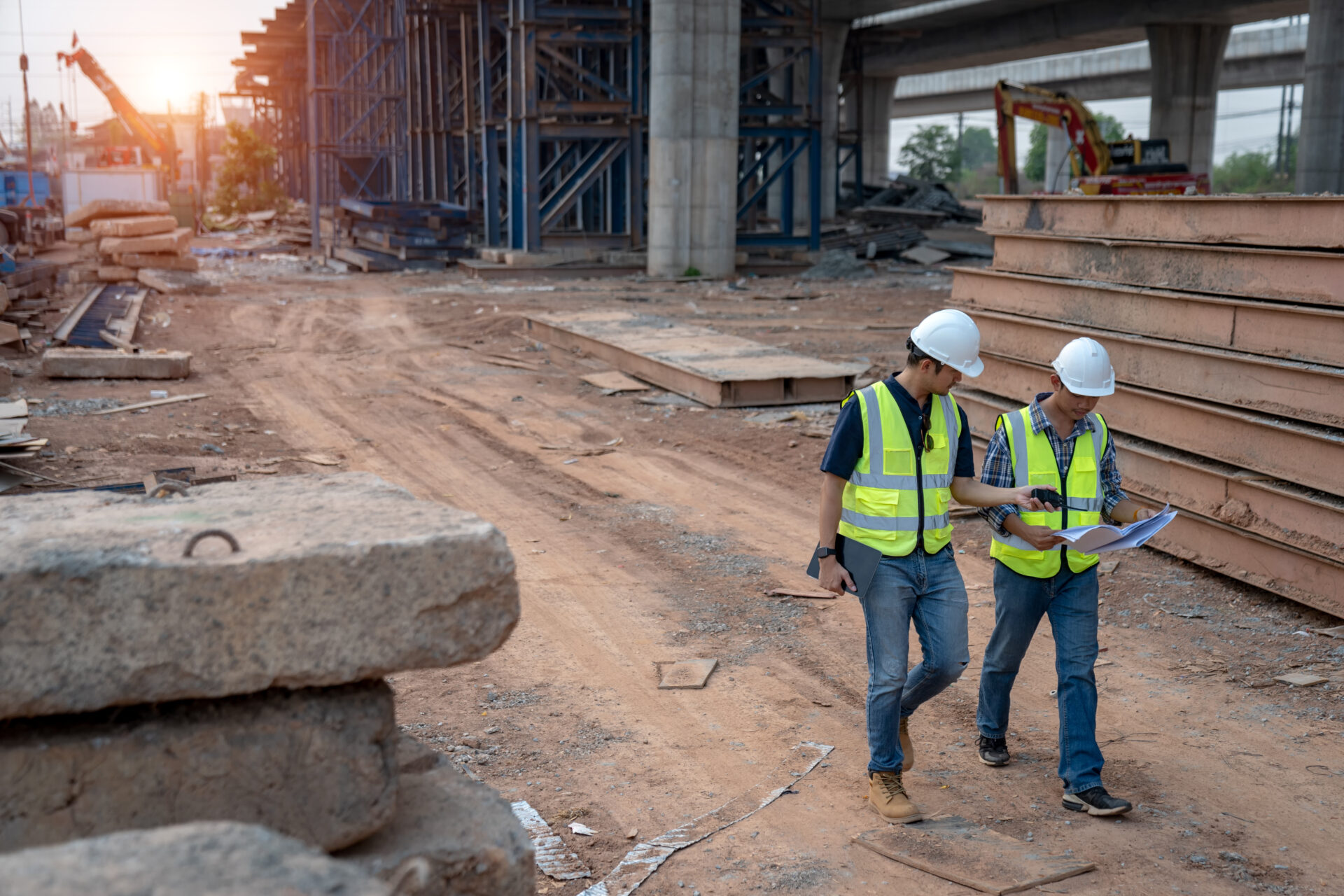Employers have been urged to act as more construction workers turn to health claims, as untreated issues risk driving them out of the workforce, Westfield Health data found.
Figures showed health cash plan claims from construction workers rose by 6% in the past year.
The Construction Skills Network forecast the industry will need an extra 250,000 workers by 2028, while experts warned that untreated health problems could push more experienced employees out at a time when skills are already in short supply.
Therapies, dental and optical support were the most claimed services.
Nearly two thirds (62%) of manual workers said it had become harder to get health appointments, and one in three reported having no wellbeing support in the workplace.
Therapies like physiotherapy, osteopathy, chiropractic and acupuncture accounted for around three in 10 claims, rising by 10% year on year, with claim value up by almost 20%.
Dental claims rose by 3% in volume and 8% in value.
Optical claims went up 2%, with total value rising more than 7%.
Together, dental and optical claims made up 59% of claims and around 62% of claim value.
The Health and Safety Executive reported that over half (52%) of all work-related ill-health days in construction were caused by musculoskeletal conditions.
The Chartered Institute of Building’s 2025 report highlighted ongoing problems with stress, anxiety and depression in the sector.
Mark Hamson, managing director of insurance at Westfield Health, said: “Construction firms have a duty of care to protect their people, but there is also a business reality.
“When workers cannot access timely support, productivity drops, absenteeism rises and retention suffers.
“Our data shows strong demand for everyday preventative services that reflect the pressures construction workers face.”
Hamson added: “Investing in workforce health is essential if the industry wants to keep hold of its skilled people.”

















